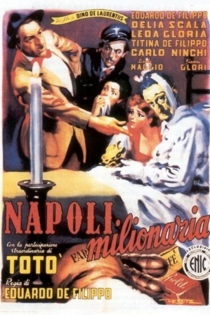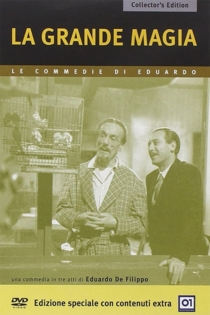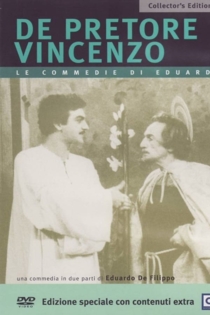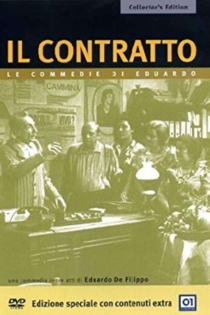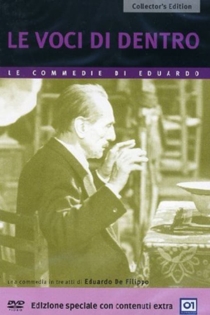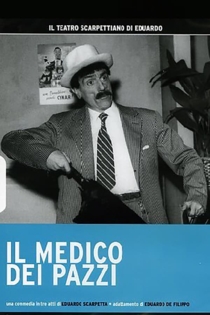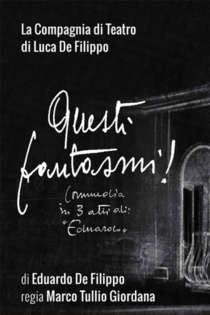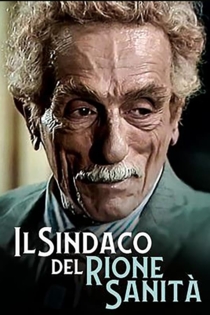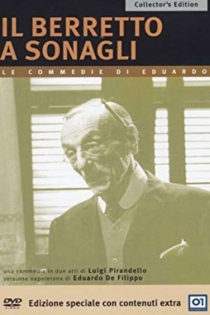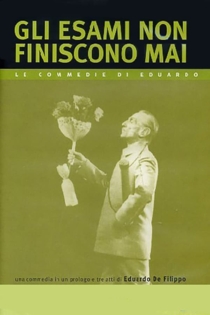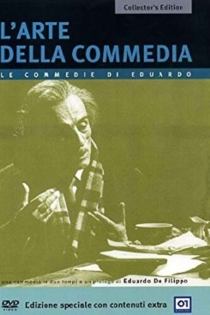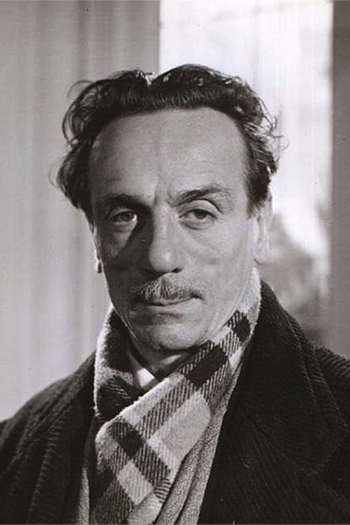
Eduardo De Filippo
1900 - 1984Natale in casa Cupiello
Eduardo De Filippo
Eduardo De Filippo, Pupella Maggio
Luca Cupiello, like every Christmas, prepares the crib, amid the disinterest of his wife Concetta and his son Tommasino. Ninuccia, the other daughter, writes a letter to her husband in which she communicates that she leaves him for her lover. The letter happens in the hands of Luca who hands it over to his son-in-law, who thus learns of his wife's betrayal. During lunch on Christmas Eve, the two rivals, who were confronted by Luca's carelessness, clash violently.
Natale in casa Cupiello
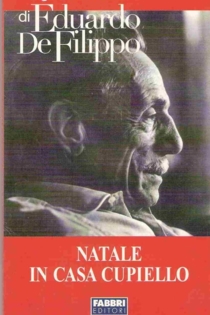
Natale in casa Cupiello
Eduardo De Filippo
Eduardo De Filippo, Nina De Padova
Luca Cupiello lives with the wife Concetta, the son Tommasino, and a brother, Pasquale. The son is wild, living by gimmicks and stealing from his uncle; the daughter Ninuccia does not get along with her husband Nicolino and plans to run away with her lover Vittorio; the wife tries to hide her family's troubles from her husband. Luca, who silently suffers the family situation, takes refuge in setting up the Nativity scene.
Christmas at the Cupiello House
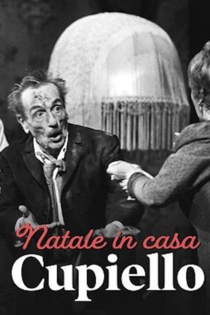
A che servono questi quattrini?
Esodo Pratelli
Eduardo De Filippo, Peppino De Filippo
Marquis Eduardo Parascandolo, after having squandered all his possessions for not having cared about his finances, spends his time professing to some young people his philosophy of life.
A che servono questi quattrini?
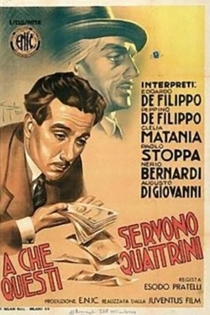
Il Cilindro
Eduardo De Filippo
Eduardo De Filippo, Monica Vitti
The comedy, centered on five characters (Rita, Rodolfo, Agostino, Bettina, and Don Attilio - "o viecchio pazzo"-), has as background the Italy of the 60s between the economic boom and the perennial unemployment crisis. The cylinder, well explained by "Agostino-Eduardo" in the comedy, is a representation of power, designed to intimidate the ignorant for its only evocative "power". It can also be seen as a sort of "Pirandellian mask", where the character of Augustine wears it to defend himself and represent something that he is not.
Il Cilindro
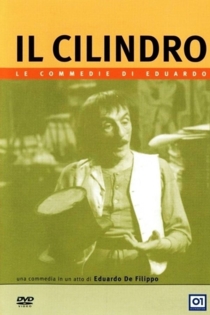
Napoli milionaria
Eduardo De Filippo
Eduardo De Filippo, Leda Gloria
A combination of a satire on war and a comedy with war as the background. It tells of the ordinary people living on a Naples sidestreet, from 1940 to 1950 under the dominance of the Fascists, the Nazis and then the Allies occupation forces. Primary among the citizens is Gennaro Iovine (Eduard De Filippo)who has a penchant for innocently getting into trouble, and his friend Pasquale (Toto.) The latter is a rail-sweeper who becomes a professional stand-in...a corpse used to conceal contraband...serving jail time for those who don't care to spend the time to do the time...a substitute at a political rally when violence threatens the scheduled speaker
Side Street Story
